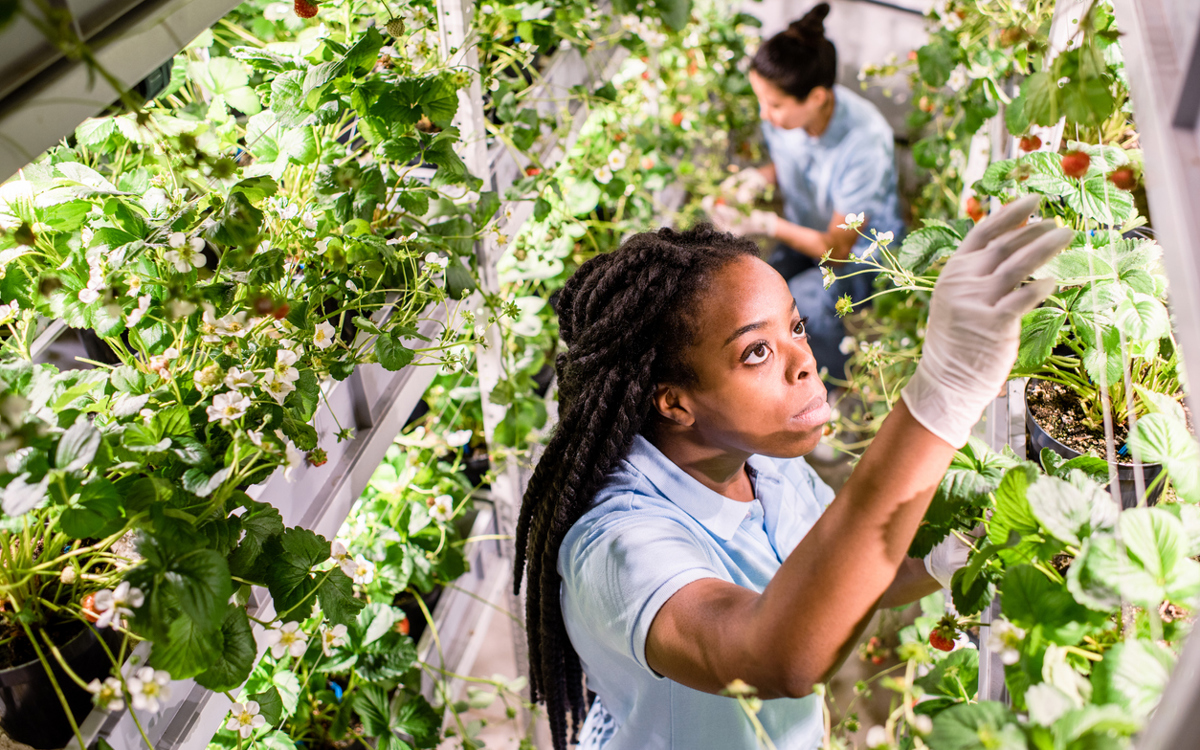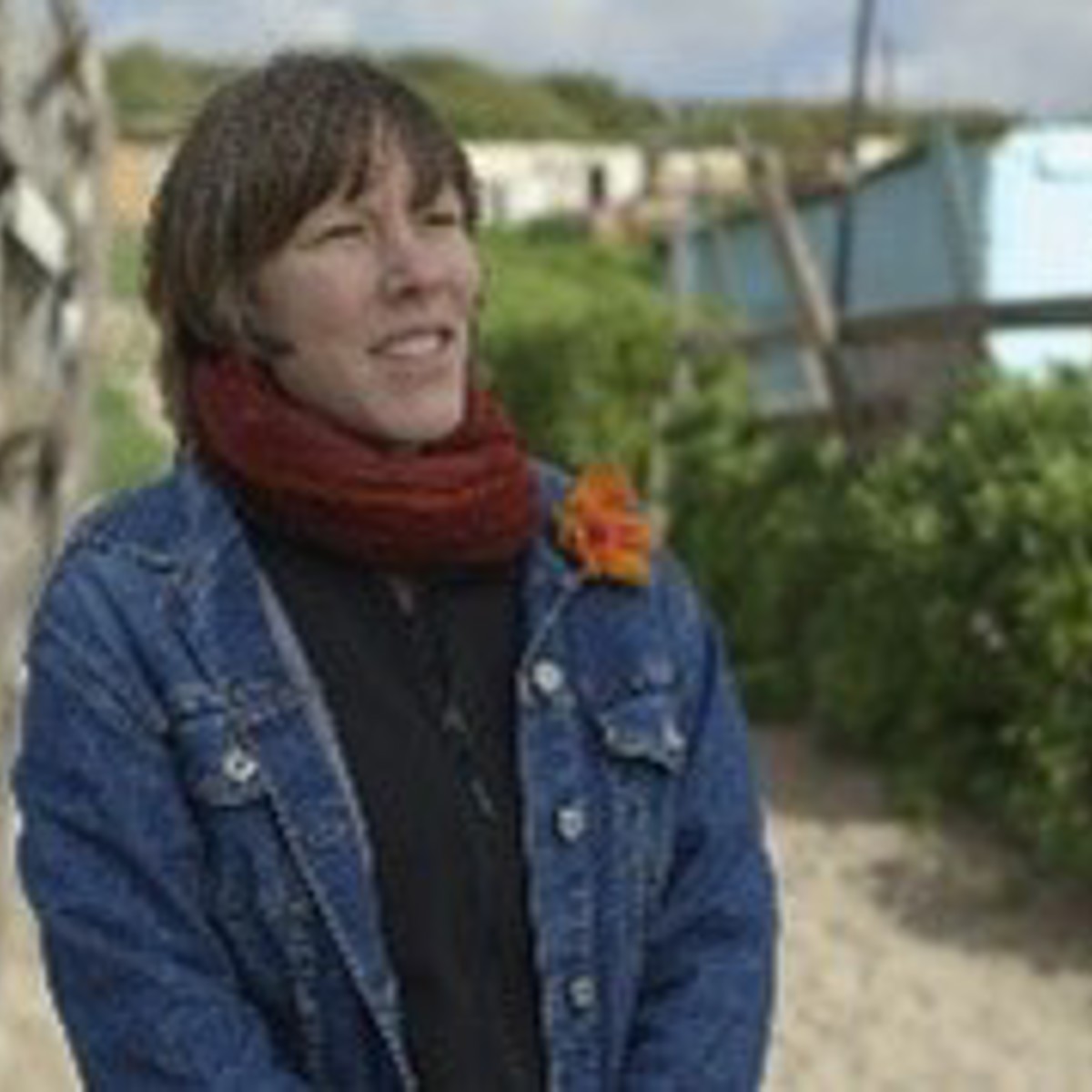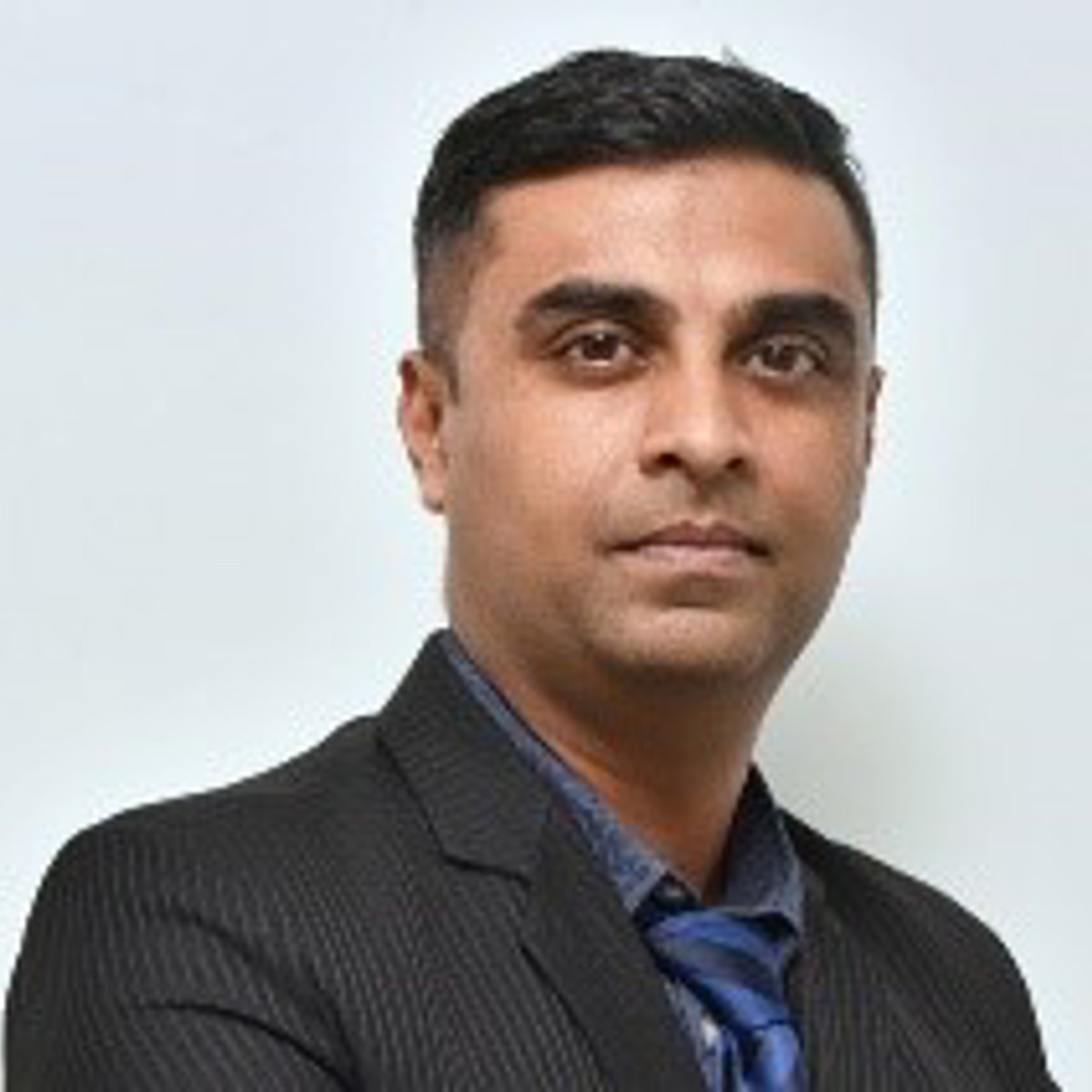Commonwealth Climate Resilience Network Grantees 2022
Meet the Commonwealth Climate Resilience Network Grantees for 2022


Dr Temitope Oyedotun
University of Guyana

Dr Noor Hashimah Hashim Lim
Universiti Malaya, Malaysia

Dr Kathryn Ewing
University of Cape Town, South Africa

